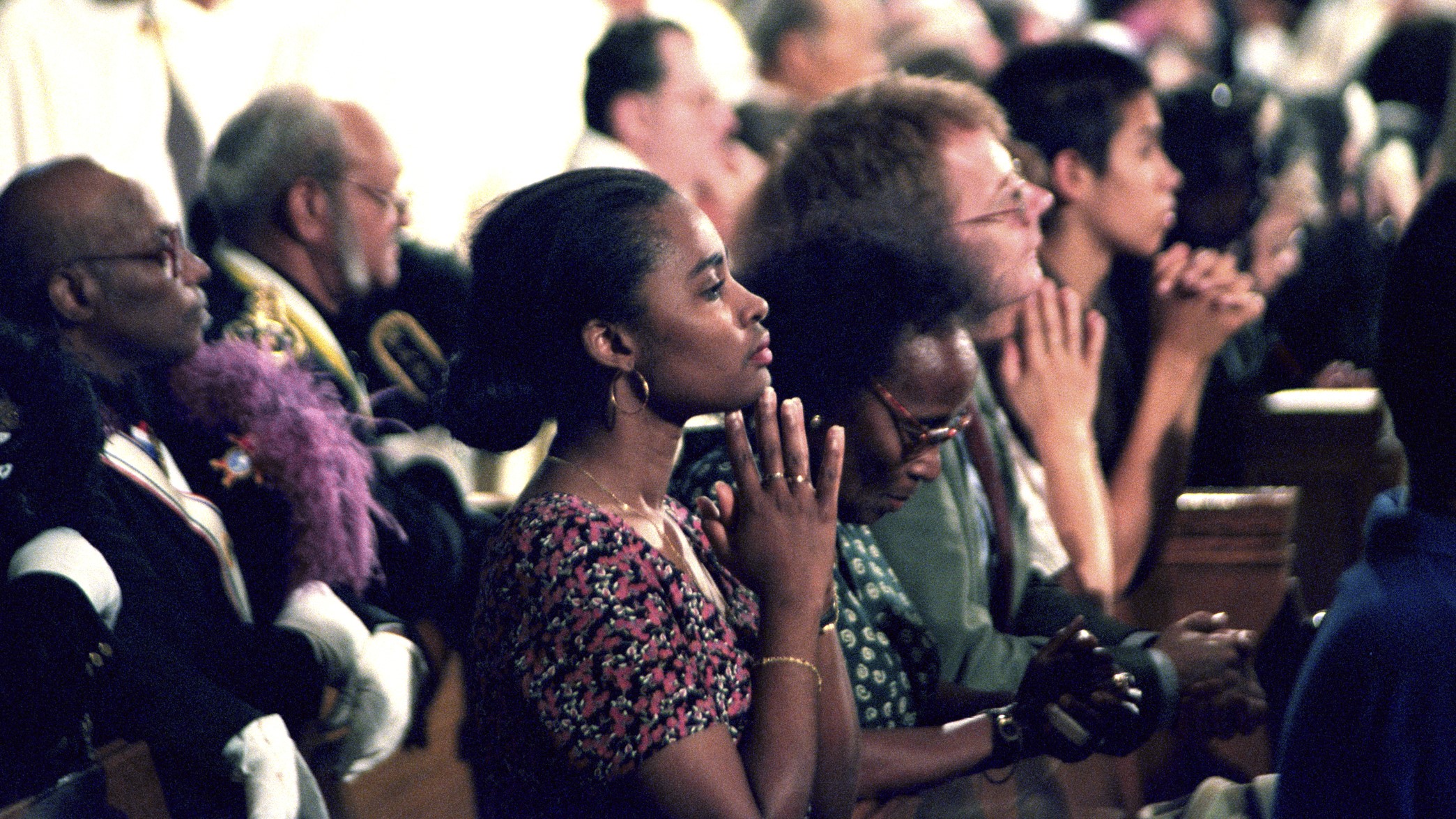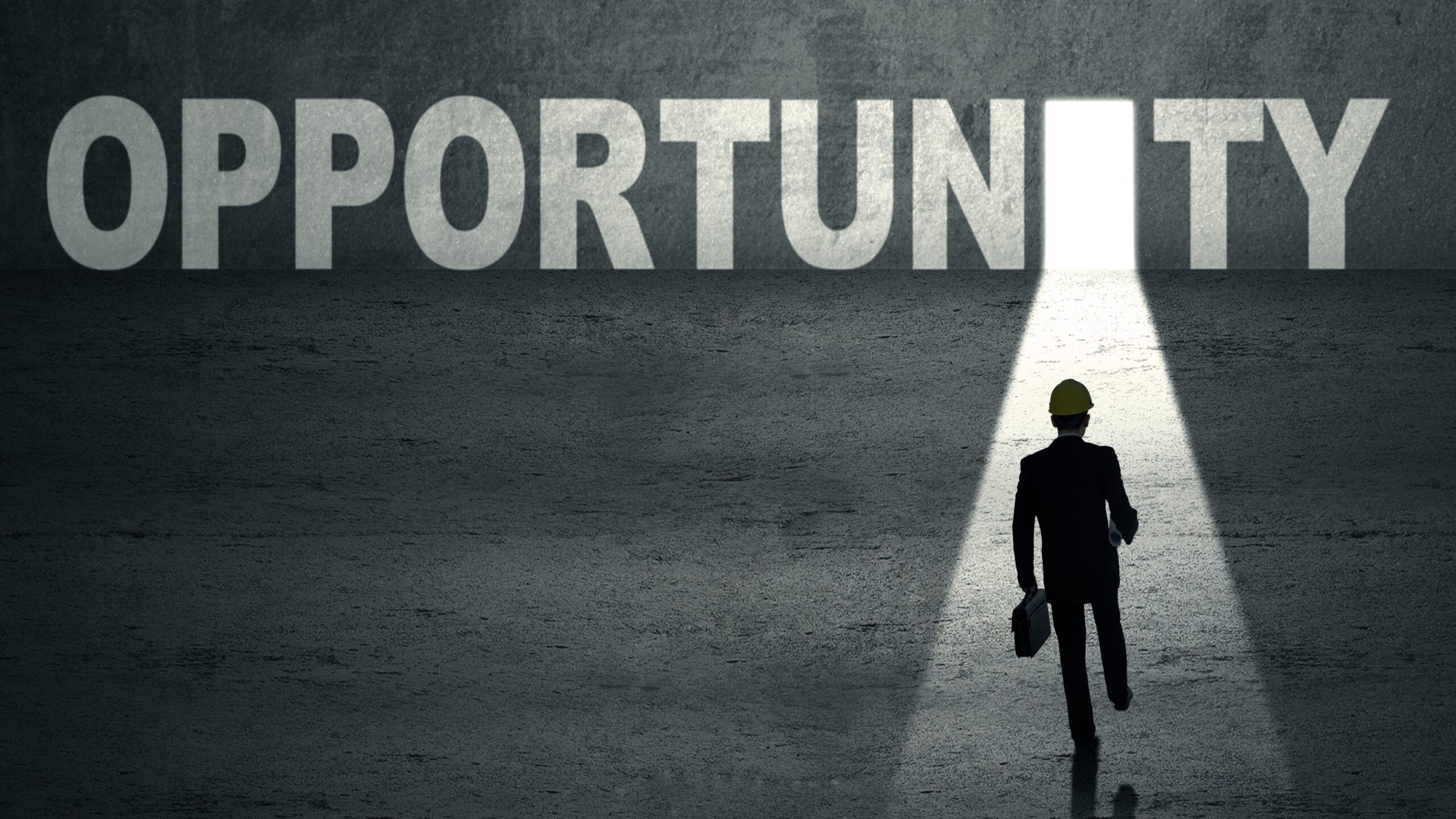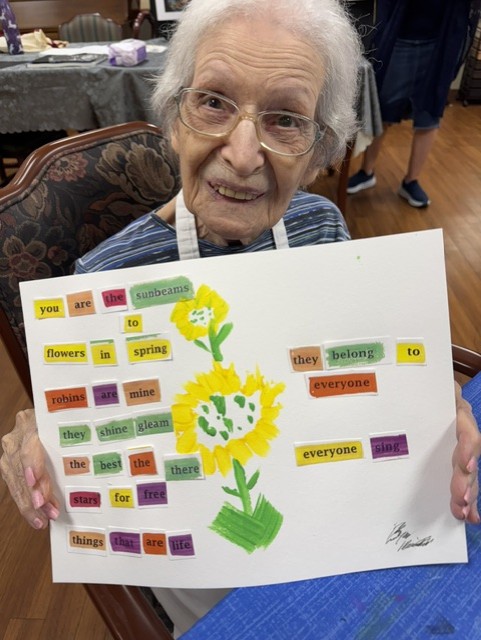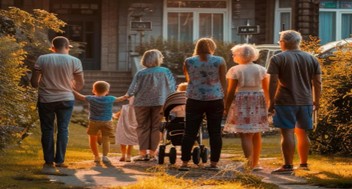At eleven-thirty p.m. on New Year’s Eve, Dad began to prepare. He helps Mom to gently ease off the pretty Wittnauer wristwatch he gave her for their anniversary. He slips off his own Bulova and us kids bring our Mickey and Minna Mouse watches, too.
We collected the windup alarm clocks from the bedrooms. Using a kitchen step stool, Dad lifted that big clock advertising Coca-Cola off the wall.
All these timepieces were deposited on a coffee table. Mother buttered the popcorn and made other treats for the evening.
Before we had a television set, we huddled around the radio. Later we did the same in front of the TV. Each of us had an assignment. When the radio announcer called out midnight – or later when the Times Square Ball dropped to end the year and start another – we were to check the accuracy of our clocks and watches. It was our own watch night party!
In those younger days of being allowed to stay up past midnight, I was not aware of liturgical Watch Night services. I did not know that in various denominational settings there was a custom of gathering for prayer, confession, and resolution-making, as a new year dawned.
Later I learned that 101 years before my birth, a “time-ball” atop England’s Royal Observatory at Greenwich dropped at one o’clock every afternoon to assist captains of nearby ships set their chronometers.
A New Year, A New Law
Frederick Douglass called for a far more significant “watch night” in a time when the 1848 Georgia Slave Code demanded that “no person of color… shall be allowed to preach, to exort, or join in any religious exercise with any persons of color, either free or slave, there being more than seven persons of color present.”
As the eve of December 31,1862, turned to the first minutes of 1863, Abraham Lincoln’s Emancipation Proclamation was to take effect. Douglass wrote: “It is a day for poetry and song, a new song. These cloudless skies, this balmy air, this brilliant sunshine…are in harmony with the glorious morning of liberty about to dawn upon us.”
The History of Watch Night
Lying behind Frederick Douglass’ exultation of a “glorious morning of liberty” was a history of “watch nights.” The Collection of the Smithsonian National Museum of African American History and Culture records that Watch Night services are “rooted in African American religious traditions. Enslaved people sought to exercise their own religious customs, including Christianity, Islam, and indigenous faith practices reflective of the homes from which they were stolen. They … secretly gathered in the woods (since plantation owners) would not permit them to hold religious meetings or any other kinds of meetings.“
Safiya Charles, a race and ethnicity reporter for the Montgomery Advertiser, writes that Watch Night is a “late-night tradition in many African American churches (to) celebrate … the end of slavery—with praise, fellowship, and hope for the future.”
Pastor Agnes Lover of Montgomery’s Saint Paul African Methodist Episcopal Church, remembers Watch Night as “a vibrancy, the inky darkness of the night as cars turned their headlights on the church’s parking lot, the pulsing movement as the walls vibrated with erupted tension and ebullient praise. Women and men proclaimed, sang, and shouted captivating and heart-spun testimonies, reflections of joy, adversity, and loss..”
Pastor Lover adds “The meaning is still relevant, but it has evolved. Now, more or less, people are anticipating the New Year—out with the old, in with the new—and reflecting on the past year…. Watch Night is still vitally important for us to come together as a community to watch, to pray, and to really engage in a spiritual way against everything that polarizes our nation.”
These days, some 160 years after the Emancipation Proclamation, we are experiencing what Pastor Lover described as “everything that polarizes.” The frightening re-escalation of antisemitism, increasing racial animus, and the chaos created by “fake news” lead to unrestrained divisions within legislative bodies, throughout the culture of the day, and even at holiday table reunions by otherwise jovial family members!
When my father called us to “get our watches out!” it was for getting the time right. In 2024, “getting the times right” will be a special challenge.
The seasonal carol “Watchman Tell Us of The Night” offers the hope we need. These are the first four lines in three stanzas:
Watcher, tell us of the night,
what its signs of promise are.
Traveler, O a wondrous sight!
See that glory-beaming star!
Watcher, tell us of the night;
higher yet that star ascends.
Traveler, blessedness and light,
peace and truth its course portends.
Watcher, tell us of the night,
for the morning seems to dawn.
Traveler, shadows take their flight,
doubt and terror are withdrawn.
(from The New Century Hymnal version, 1995)
As the lighted Waterford Crystal Ball in Times Square descends 70 feet in sixty seconds on New Year’s Eve, savor the abundance in our lives, work for an even “better” year, and “watch out” for what erodes freedom, justice and equality.
In “watch night” resolution-making,
pray that peace and truth
dissolve doubt and terror –
sooner than later!
In the words of the old “wassailing carol” may –
Love and joy come to you,
and God bless you,
and send you
a Happy New Year!
Shalom
For Reflection (either individually or with a group)
Read the blog. Read it a second time, maybe reading it aloud or asking someone else to read it aloud so you can hear it with different intonation and emphases. Then spend some time with the following questions with words, crayons, clay, paints, or anything that helps you reflect more deeply.
- Does your family have any New Year’s Eve traditions? What do you do and why?
- What can you do to create a personal Watch Night service, integrating worship, prayer, confession, and resolution making?
- For 2024, what can you do to “get the times right”, to “engage in a spiritual way against everything that polarizes our nation” in order to “watch out” for what erodes freedom, justice and equality?
Download a pdf including the Reflection Questions to share and discuss with friends, family, or members of your faith community small group.
View all articles by:






















